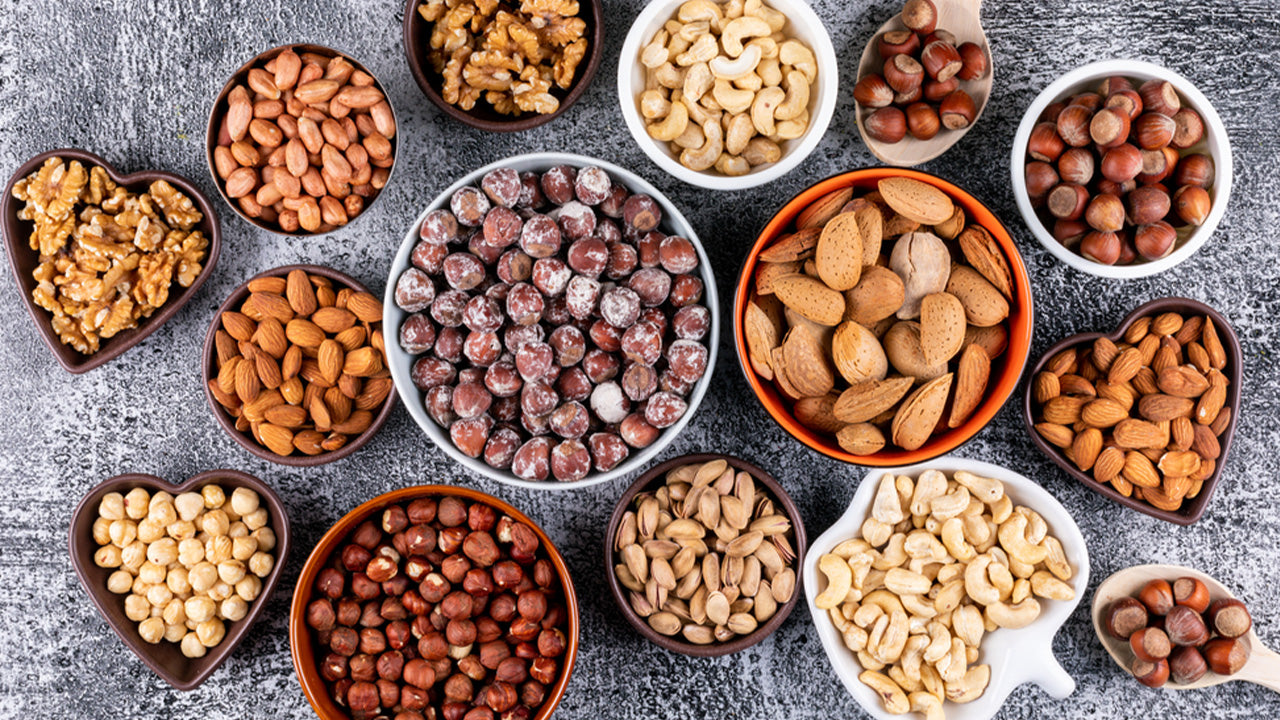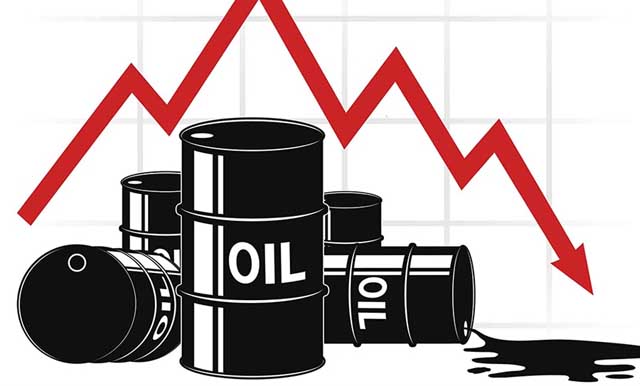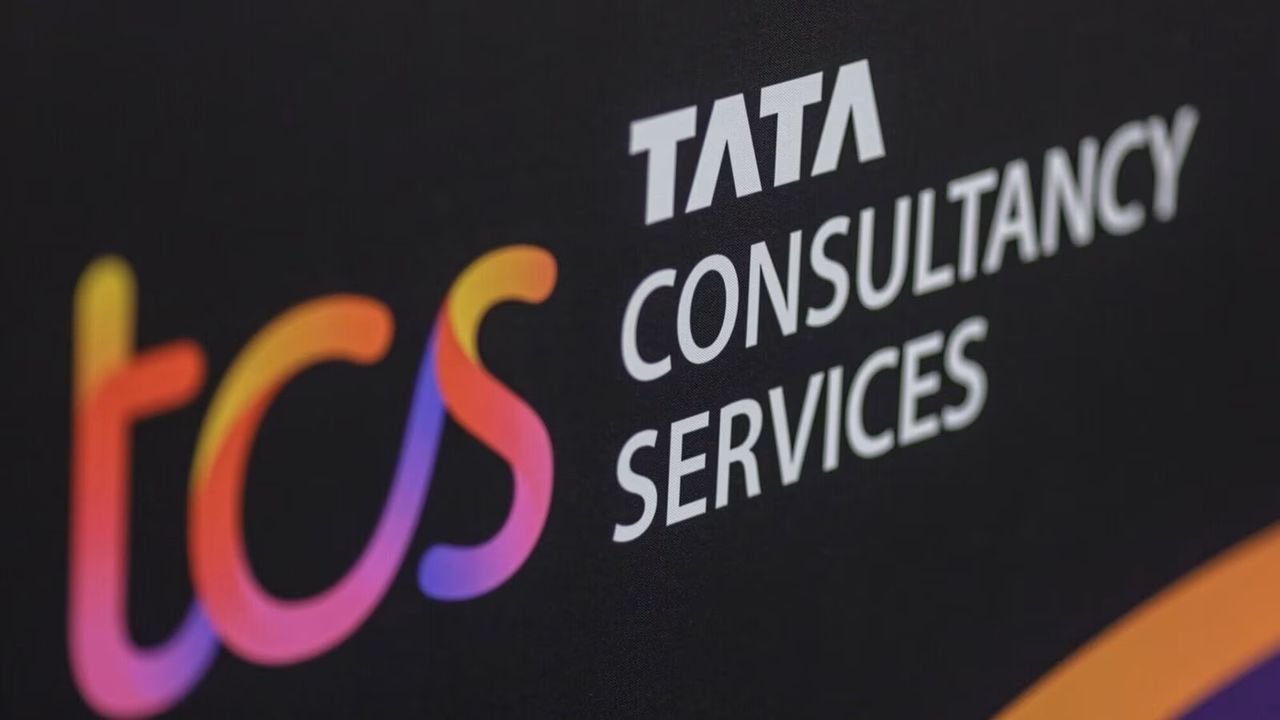India advocates for enhancing quality standards of spices

India, referred to as the spice hub, boasts a diverse history and tradition in growing and exchanging spices. Being the top producer and exporter of spices worldwide, this country has a crucial influence on the global spice industry. India is putting in a lot of effort to improve the quality standards of its spices to preserve and improve its reputation. This project seeks to guarantee the integrity, security, and genuineness of Indian spices, thus increasing trust among consumers and broadening its market presence.
Quality requirements are crucial in the spice sector for various purposes. Verifying that spices are uncontaminated and free from adulterants is essential for safeguarding consumer health, as it shields individuals from possible dangers. India's reputation as a trustworthy supplier of premium spices is strengthened by maintaining high-quality standards, ultimately increasing consumer trust and confidence in the market. Conforming to global quality standards boosts the competitiveness of Indian spices in international markets, resulting in greater export prospects and economic expansion. Furthermore, sustainable farming practices are encouraged by quality standards, which help farmers sustain their livelihoods and ensure the ongoing success of spice cultivation.
Challenges currently being faced
Despite India's strong presence in the spice industry, there are numerous obstacles to upholding a steady level of quality. The mixing of low-quality or dangerous substances with spices to boost volume and earnings is a major problem known as adulteration. Overuse of pesticides in spices can result in dangerous residues that may jeopardize the health of those who consume them. Inadequate post-harvest handling and storage methods can result in quality deterioration and contamination. Moreover, variations in quality standards among producers and regions add complexity to maintaining consistency and dependability in spice production.
Initiatives by the government
Several measures are being implemented by the Indian government in partnership with different stakeholders to tackle these issues and enhance quality regulations for spices. India's Spices Board has put in place strict quality control measures and certification programs to ensure the development and global promotion of Indian spices. Education programs are being held to train farmers and producers on the best practices for cultivation, harvesting, and processing to guarantee quality. Encouragement is being given to implement advanced technologies for quality testing and monitoring across the entire supply chain. Furthermore, efforts are being made to enhance regulations and enforcement mechanisms to prevent adulteration and ensure compliance with quality standards within the regulatory framework.
The Function of Exporters and Manufacturers
Exporters and producers have a vital role in upholding quality standards through compliance with both national and international quality standards and certifications. They ensure quality by enforcing stringent measures throughout the production process. Moreover, they implement sustainable agricultural methods to guarantee lasting quality and environmental well-being, thus enhancing the overall credibility and dependability of the spice sector.
India's dedication to enhancing quality regulations for spices is a major move towards guaranteeing the integrity and safety of its products. India plans to strengthen its position as the top industry leader in spices by tackling existing obstacles and introducing strong initiatives. This project benefits both consumers and market reputation while also helping millions of farmers nationwide. Through ongoing collaboration and dedication, India is poised to bring its authentic, high-quality flavors to the global stage.
What's Your Reaction?

























:max_bytes(150000):strip_icc()/GettyImages-80487462-59833fb6d088c000112fcc2c.jpg)





/https://tf-cmsv2-smithsonianmag-media.s3.amazonaws.com/filer/b6/30/b630b48b-7344-4661-9264-186b70531bdc/istock-478831658.jpg)






)


























:max_bytes(150000):strip_icc()/GettyImages-173607153-3eb9caf873014f9ab2e3c11cf071d2c9.jpg)

















)



